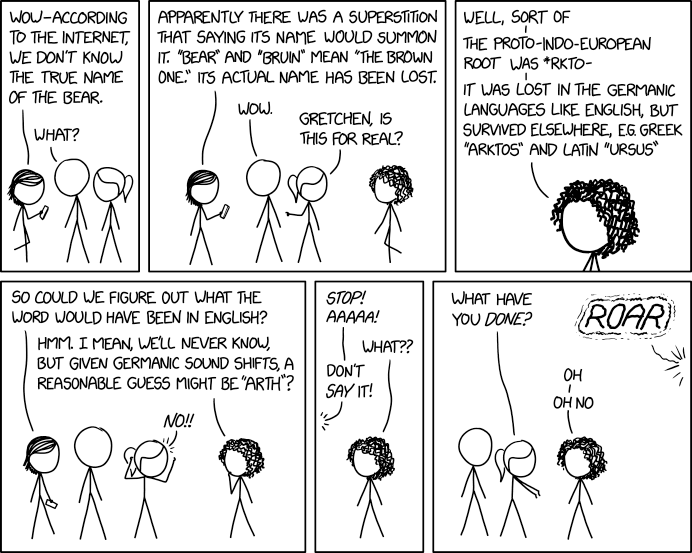Bravus not brave
Article in The Guardian, "Crooked not courageous: Adani renames Australian group Bravus, mistaking it for 'brave'", by Naaman Zhou (11/5/20):
Mining company Adani has changed its name to a Latin word that means “crooked”, “deformed”, “mercenary or assassin”, after mistakenly thinking that it meant “brave”.
The controversial mining group, which is responsible for the Carmichael coalmine in central Queensland, announced on Thursday it would change the name of its Australian operation to “Bravus”, a word identified by chief executive David Boshoff as the medieval Latin word for “courageous”.
Boshoff told the Australian Financial Review it was a good fit because thbre company “took a lot of courage to get where we are and we will stand up for what we believe in”.
Read the rest of this entry »

